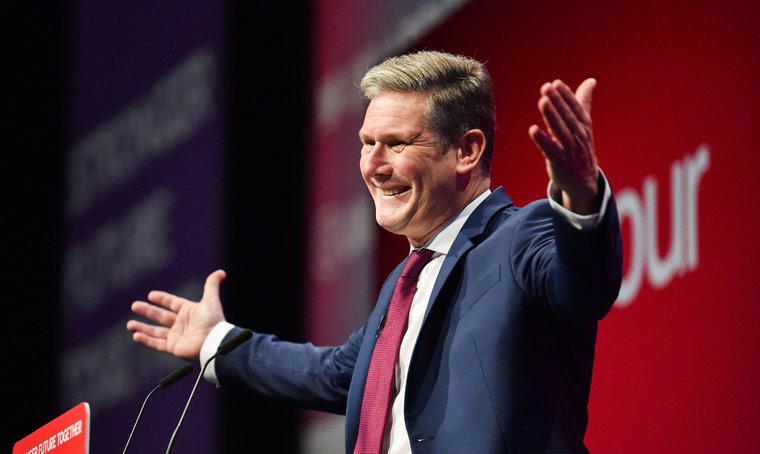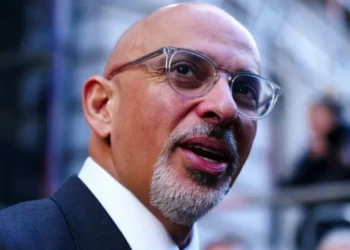Prime Minister Keir Starmer has unveiled what he calls a “hat-trick of deals” with India, the United States, and the European Union, agreements he claims will safeguard thousands of British jobs and deliver hundreds of millions in savings to businesses.
Addressing Parliament for the first time since the UK-EU agreement was signed, Starmer declared the trio of deals a sign that Britain has restored its international influence.
“These deals release us from the tired arguments of the past and, as an independent sovereign nation, allow us to seize the opportunities of the future. A clear message sent across the globe that Britain is back on the world stage.”
Prime Minister Keir Starmer
Starmer emphasized that the agreements signify the UK’s return as “a global champion of free trade,” asserting that the government is now “playing a historic role in European security and above all, making deals that put money in the pockets of working people.”
The most recent of the three agreements, signed with the EU, aims to ease trade barriers on agricultural and food products. In exchange, Britain has extended European fishing quotas in its waters, a move that has stirred significant political backlash, especially from the Conservative Party.
Trade Deal Sparks Fresh Political Divisions
The UK-EU deal also opens doors for British defence firms to bid for funding from the EU’s €150 billion defence fund. UK travellers could soon benefit as well, with the agreement paving the way for the return of e-gate access at European airports.
In his address, Starmer noted that the arrangement grants British companies an “unprecedented level of access to the EU market,” even as he acknowledged, for the first time, the trade damage caused by Brexit.
But not everyone in Westminster is celebrating. Conservative leader Kemi Badenoch sharply criticized the fishing terms, arguing they disproportionately benefit France. “This deal has already unraveled,” Badenoch said.

“The damage is becoming clear. The political consequences will be heated, and here he is, trumpeting his success.”
British officials have admitted that greater concessions were made on fishing than initially planned. Instead of the preferred four-year quota, the UK settled on a 12-year agreement to secure broader trade benefits.
However, Starmer defended the outcome, insisting it benefits coastal communities. “[It] reopens the EU market for shellfish and makes it much easier to sell British fish into our largest trading partner,” he said. “That’s hugely significant, because 72% of British fish is traded into EU markets.”
Looking ahead, the prime minister committed to holding annual EU summits to build on the current deal but pushed back against pressure from the Liberal Democrats to pursue a customs union. He argued such a move would compromise the newly secured deals with India and the US.
“We’ve just struck a deal with India; we’ve just struck a deal with the US. If we now undo that good work, we undo all the benefits of those two deals.”
Prime Minister Keir Starmer
Reassuring lawmakers, he concluded: “We had our red lines and we’ve kept to those red lines.”
READ ALSO: Governing Board of National Insurance Commission Inaugurated to Boost Sector Reforms























